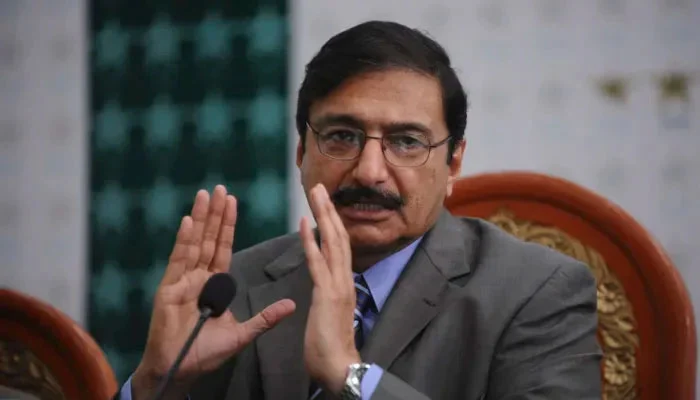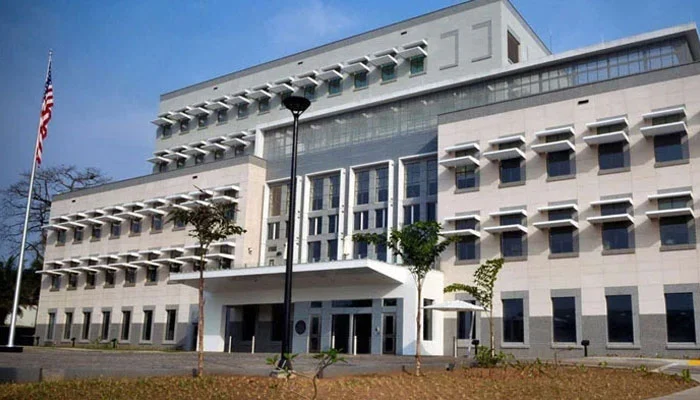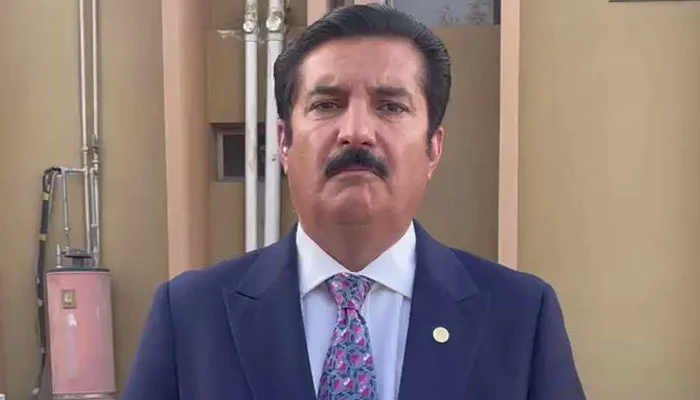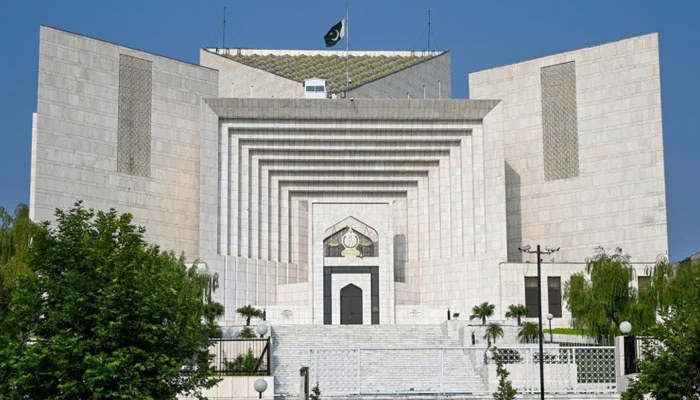On the evening of November 4th, 2023, the Federal Ministry of Inter-Provincial Coordination issued a notification extending the tenure of Pakistan Cricket Board (PCB) Chairman, Zaka Ashraf Chaudhry, until February 5, 2023. This development comes at a time when the current term of Zaka Ashraf Chaudhry as PCB Chairman was set to expire on November 5, 2023. The notification specifies that during this extended period of three months, neither the PCB Board of Governors nor the Chairman will have the authority to make any policy decisions.
The extension of the PCB Chairman’s term raises several political and administrative implications. It’s crucial to understand the circumstances surrounding this decision and what it means for the future of PCB leadership.
One of the significant factors behind this extension is the impending national and provincial assembly elections scheduled for February 8, 2023. The extension ensures that Zaka Ashraf Chaudhry will continue to hold his position until three days before the elections, thereby avoiding any potential leadership changes or disruptions in the PCB during the election period.
This extension could be seen as a strategic move to maintain stability within the PCB during a politically sensitive time. The PCB Chairman’s position is an influential and visible one, and any changes in leadership could have ripple effects on the administration and functioning of the board.
The decision to extend the term also highlights the government’s interest in maintaining control over key organizations during the election period. The PCB, as one of the country’s most prominent sports bodies, has a role that extends beyond cricket. It is a symbol of national pride and unity, and the government may be keen to ensure that it remains under stable leadership during a time when political tensions are heightened.
Another implication of this extension is that it underscores the government’s influence over PCB affairs. In Pakistan, the Chairman of the PCB is nominated and appointed by the Prime Minister, who is the chief executive of the country. This extension demonstrates the power vested in the federal government to make decisions regarding the PCB’s leadership, highlighting the connection between politics and sports administration.
However, it’s essential to consider the autonomy and independence of sports organizations, particularly those involved in cricket, which is a sport with a significant following and commercial interests. The autonomy of cricket boards is a principle upheld by international sports bodies like the International Cricket Council (ICC). Any perception of political interference can have implications on Pakistan’s standing in the international cricket community.
The notification clearly states that during this extended period, neither the PCB Chairman nor the PCB Board of Governors will have the authority to make any policy decisions. This implies that the focus during this period will be on administrative matters rather than policy formulation. The significance of this restriction is that major decisions or changes in PCB operations will be deferred until after the national and provincial assembly elections.
While the extension of the PCB Chairman’s term appears to be a strategic move to ensure stability during a politically charged period, it also raises questions about the separation of sports administration from political influences. Cricket is more than a sport in Pakistan; it’s a source of national pride and unity. Therefore, it’s essential to strike a balance between administrative stability and the autonomy of sports organizations.
The extension of Zaka Ashraf Chaudhry’s term as PCB Chairman until February 5, 2023, has several political and administrative implications. It reflects the government’s interest in maintaining stability within the PCB during a politically sensitive time, but it also underscores the influence of politics on sports administration. While this move may ensure administrative continuity, it raises questions about the autonomy of cricket boards and the impact of political interference on Pakistan’s standing in international cricket. The focus now turns to the national and provincial assembly elections, after which the future leadership and policies of the PCB will likely be reevaluated.



